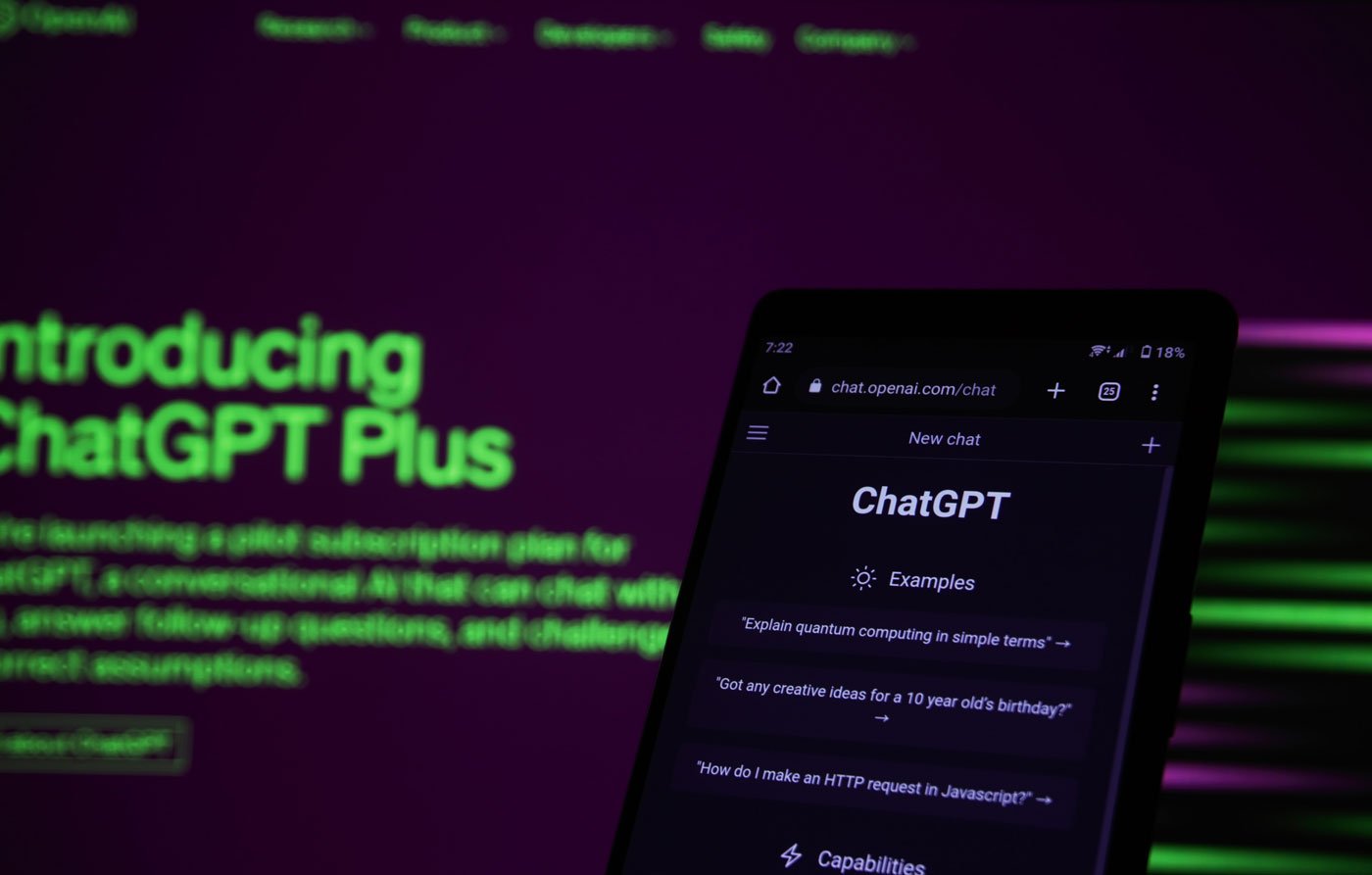Prompt engineering is an essential skill within AI, but it is usually part of a broader set of responsibilities rather than a standalone full-time job. The specific role and importance of prompt engineering can vary based on the nature of the AI project and the organization’s goals.
Getting into prompt engineering opportunities involves developing a combination of skills, knowledge, and experience in artificial intelligence and natural language processing. Here are the steps you can take to enter this field:
1. Learn the Basics of AI and NLP:
– Start by gaining a solid foundation in artificial intelligence (AI) and natural language processing (NLP). This includes understanding machine learning, deep learning, and the principles of NLP.
2. Learn Programming and Tools:
– It’s essential to become familiar with programming languages frequently utilized in AI and NLP, such as Python. Learn how to use popular libraries like TensorFlow, PyTorch, and Hugging Face Transformers, often used for working with generative AI models.
3. Understand Generative AI Models:
– Study generative AI models like GPT (Generative Pre-trained Transformer) and their variants. Understand how these models work, their architectures, and their applications.
4. Practice with Pre-trained Models:
– Experiment with pre-trained AI models to gain hands-on experience. Hugging Face’s Transformers library provides easy access to diverse pre-trained models for natural language processing tasks.
5. Learn about Prompt Engineering:
– Specifically, study prompt engineering techniques. Understand how to craft effective prompts that guide generative models to produce desired outputs.
6. Data Science and Machine Learning Skills:
– Develop a strong background in data science and machine learning. Prompt engineering often involves fine-tuning models on specific datasets, so knowledge in these areas is crucial.
7. Domain Knowledge:
– Depending on the application, having domain-specific knowledge can be valuable. For example, knowledge in those domains is essential if you work on prompt engineering for medical or legal applications.
8. Stay Informed:
– Keep up with the latest developments in AI and NLP. Following relevant research papers, attending conferences, and staying up-to-date on emerging techniques and best practices can be achieved by actively participating in online communities.
9. Build a Portfolio:
– Build a collection of projects that demonstrate your efficient engineering abilities. This could include assignments where you’ve fine-tuned generative models for specific tasks or applications.
10. Collaborate and Network:
– Join AI and NLP communities, participate in forums, and network with professionals in the field. Collaborative projects and connections can lead to job opportunities.
11. Apply for Jobs and Internships:
– Look for job openings related to AI, NLP, and prompt engineering. Start with entry-level positions, internships, or research assistant roles to gain practical experience.
12. Continued Learning:
– AI is a rapidly evolving field, so continuous learning is essential. Consider taking online courses, earning certifications, or pursuing advanced degrees.
13. Build Soft Skills:
– Communication, problem-solving, and critical thinking skills are valuable in any AI-related role. Develop these skills to convey your ideas and work collaboratively effectively.
14. Contribute to Open Source:
– Contributing to open-source AI and NLP projects can help you gain recognition in the community and improve your skills.
Remember that prompt engineering is a specialized skill within the broader field of AI and NLP. Building a solid foundation in these areas and acquiring hands-on experience will increase your chances of securing prompt engineering opportunities and advancing your AI career.





